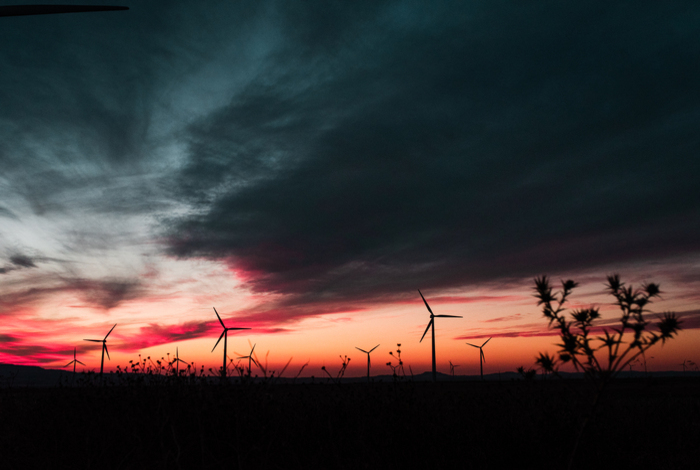Energy transition sees record investment flows
Global investment in the energy transition reached a record $2.4 trillion in 2024, driven by a surge in solar PV, alongside strong growth in the investment towards renewable power, grids, and battery storage.
These figures come from a new report released by IRENA (International Renewable Energy Agency) and the Climate Policy Initiative (CPI) during COP30 in Belém, Brazil. The research “Global Landscape of Energy Transition Finance 2025” finds that investments in the energy transition showed a 20% increase from the average annual global levels of 2022/23, with roughly one third ($807 billion) directed towards renewable energy technologies in 2024.
Even so, IRENA warns that year-on-year growth of investment into renewables has slowed significantly, with annual financial flows increasing by just 7.3% in 2024, compared with 32% the year before. Further, capital remains heavily skewed toward advanced economies, threatening an inclusive global transition
“Investments in energy transition continue to grow but not at the pace needed to achieve the global goal of tripling renewable capacity by 2030. Funding for renewables is soaring but remains highly concentrated in the most advanced economies” said Francesco La Camera, Director-General of IRENA, “As countries gather at COP30 to advance the ‘Baku to Belém Roadmap to 1.3 trillion’, scaling finance for emerging and developing countries is essential to make the transition truly inclusive and global.”[i] He added.
Looking at specific sectors, the research finds that Solar PV drew in record investment in 2024, hitting $554 billion, up by almost 50% on 2023. Crucially, investment in renewable power, grids, and battery storage all exceeded fossil fuels investment in 2024, though the researchers note that fossil spending is on the rise.
Regional disparities risk leaving developing nations behind
IRENA also highlights regional disparities, where 90% of investment into the energy transition is currently concentrated in advanced economies and China, leaving emerging and developing countries behind. Further, China itself has accounted for 80% of global investment in manufacturing facilities for solar, wind, battery and hydrogen technologies between 2018 and 2024.
As such, foreign direct investment, through joint ventures, technology partnerships and knowledge sharing, will be vital to strengthen international cooperation and expand energy transition manufacturing in emerging and developing economies. Likewise, IRENA states that dedicated policies are needed to ensure these activities are undertaken in a socially and environmentally sustainable manner and that their benefits are shared equitably.
La Camera explained: “IRENA has long called for smarter use of public funds to unlock private investment through risk-mitigation tools. Yet the heavy reliance on profit-driven capital is leaving developing countries behind. Where private finance won’t flow, the public sector must lead, backed by stronger multilateral and bilateral cooperation and scaled-up climate finance.”[ii]
References
[i] Global Renewable Energy Investment Hit USD 807 Billion in 2024
[ii] Ibid






